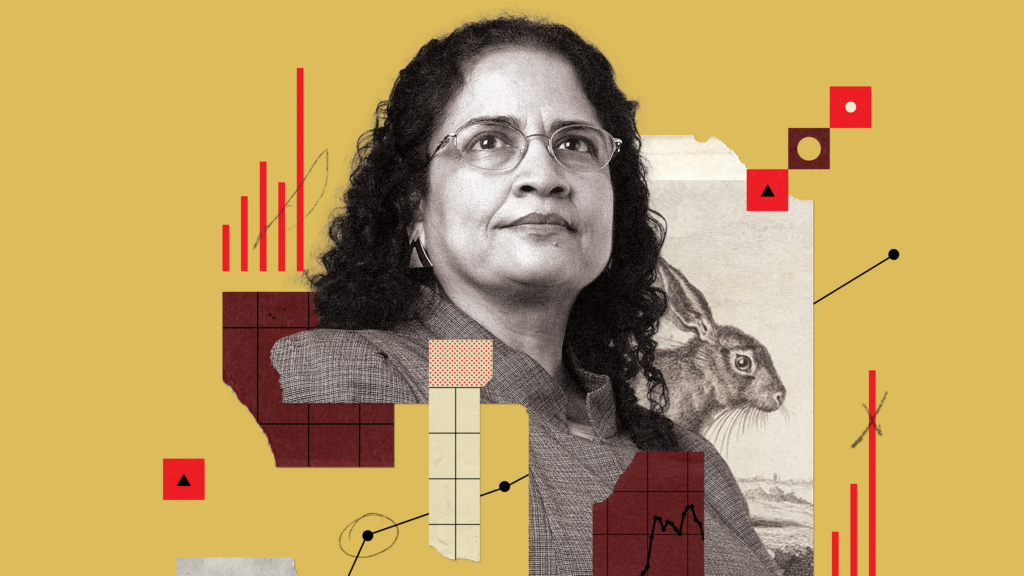In the fast-paced world of entrepreneurship, the Silicon Valley model often takes center stage, urging founders to aim for billion-dollar valuations and rapid scaling. The allure of becoming the next unicorn or gazelle can be intoxicating, with stories of high-tech high-growth firms dominating the headlines. However, Darden Professor Saras Sarasvathy challenges this singular focus on high-growth, high-technology entrepreneurship, advocating for a different kind of dream – the dream of building a middle class of business.
Sarasvathy, a renowned expert on the cognitive basis for high-performance entrepreneurship and the 2022 winner of the Global Award for Entrepreneurship Research, believes that business schools should not only teach students how to chase unicorn status but also how to create companies that foster robust communities, create value for stakeholders, generate jobs, and stand the test of time. She coins the term “middle class of business” to describe ventures that grow steadily, endure over time, and contribute positively to society.
One shining example of a Darden alumni who embodies the spirit of the middle class of business is Manoj Sinha, MBA ’09, the co-founder and CEO of Husk Power Systems. Sinha’s company provides electricity to remote areas in India, Nigeria, and Tanzania through renewable energy-powered minigrids, creating not only access to power but also around 20,000 jobs. By focusing on solving a real-world problem and building a sustainable business model, Sinha exemplifies the values of the middle class of business.
Another notable venture founded by Darden alumni is 501 Auctions, a fundraising platform for nonprofit organizations developed by Jon Carrier and Teddy Jones, both MBA ’12 graduates. This for-profit business has raised over half a billion dollars in charity contributions, showcasing how a company can create value in multiple ways beyond just financial success. Allison Shimamoto, MBA ’19, is also on track to join the ranks of middle-class entrepreneurs with her business, Haiama Beauty, which offers toxin-free products for Type 4 curly hair while supporting female suppliers and local communities.
Sarasvathy’s research emphasizes the importance of endurance over time in entrepreneurship, highlighting that firms that survive for 16 years or more often create the most jobs. By fostering the development of a middle class of business, we can spur job creation and economic development in a sustainable manner. Sarasvathy advocates for teaching entrepreneurship to everyone as a necessary skill, akin to how we teach science, to democratize knowledge and empower individuals to build enduring businesses that create lasting value.
Central to Sarasvathy’s entrepreneurial method is effectuation, a unique logic that expert entrepreneurs use to navigate the uncertainties of venture creation. Effectual entrepreneurs start with what they have, control the downside, and collaborate with stakeholders to co-create the future. By focusing on solving real problems and building businesses that endure, entrepreneurs can achieve long-term success and make a meaningful impact on society.
In a world where the Silicon Valley model reigns supreme, Sarasvathy’s vision of the middle class of business offers a refreshing perspective on entrepreneurship. By encouraging founders to pursue dreams of building sustainable, enduring companies that create value for stakeholders and contribute to the betterment of society, we can redefine success in entrepreneurship. As Darden alumni like Manoj Sinha, Jon Carrier, Teddy Jones, and Allison Shimamoto have shown, the middle class of business offers a worthy dream worth pursuing.








:max_bytes(150000):strip_icc()/IMG_0758-1-2000-65603a3c348447aa8310d443611b96ee.jpg)











